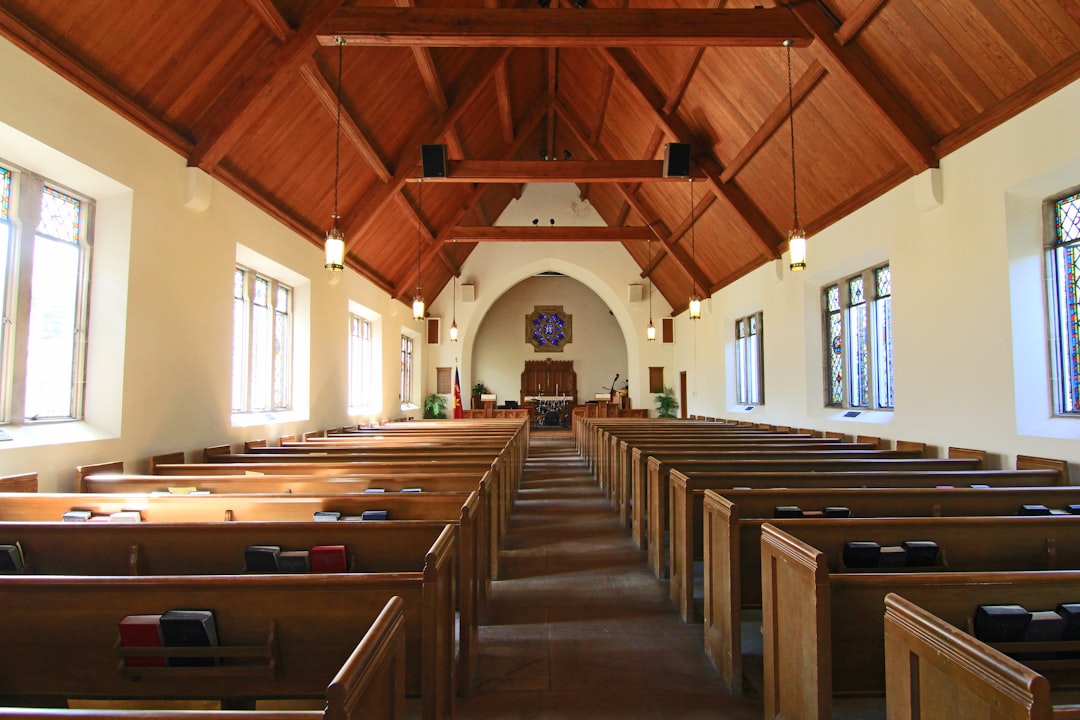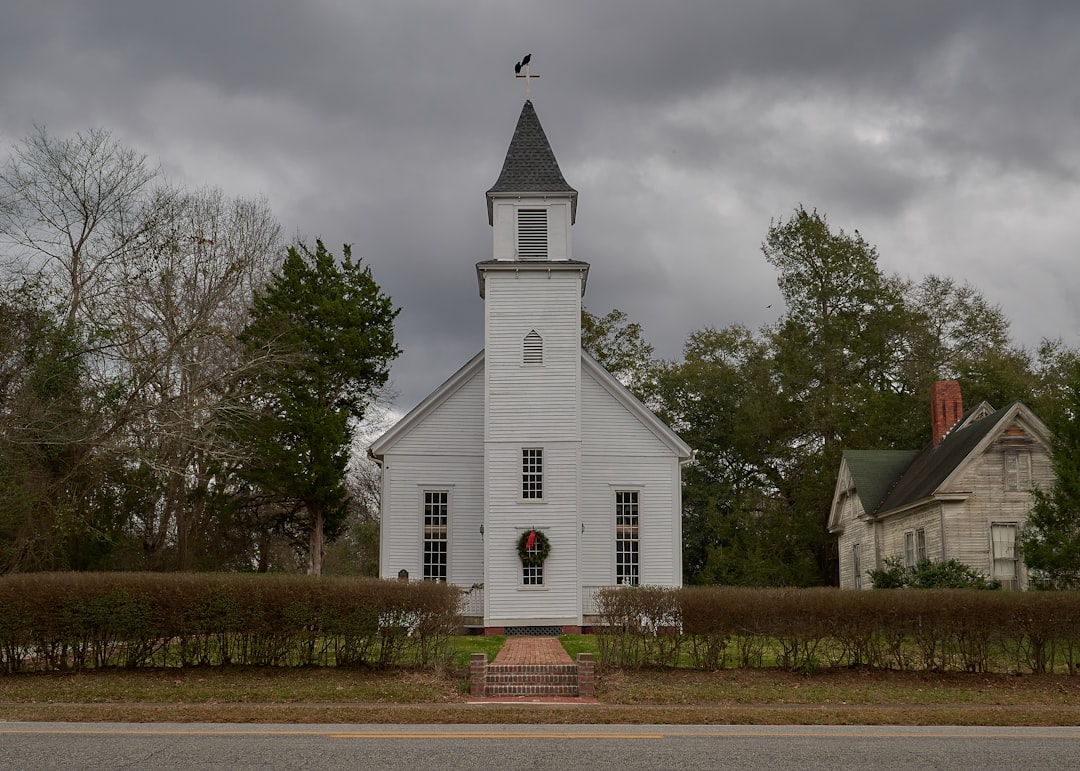Survivors of clergy abuse in Mississippi face emotional trauma and challenges seeking justice due to sensitive nature and potential institutional protection. Specialized clergy abuse attorneys in Mississippi offer crucial legal counsel, advocate for victims' rights, and guide them towards recovery through state laws addressing sexual misconduct in religious institutions. These experts navigate complex cases, ensure privacy, hold perpetrators accountable, and provide essential support for healing. Seeking help from these specialized attorneys is a vital step for justice and recovery.
In Mississippi, the issue of clergy abuse has garnered increasing attention, highlighting the need for awareness and support for survivors. This article delves into the profound impact of such abuse within the state’s religious communities. We explore the legal framework available to survivors, emphasizing the crucial role a clergy abuse attorney can play in securing justice. Learn about filing lawsuits, understand your rights, and discover support resources tailored to help you heal from these traumatic experiences.
Understanding Clergy Abuse and Its Impact in Mississippi

In Mississippi, clergy abuse refers to any form of misconduct or exploitation by individuals in positions of religious authority, causing significant emotional and psychological trauma to their victims. This can include sexual abuse, emotional manipulation, and other harmful behaviors that occur within religious organizations or communities. Many survivors of clergy abuse struggle with long-lasting effects such as anxiety, depression, and a damaged sense of trust, making it crucial for them to have access to justice and support.
Survivors of clergy abuse in Mississippi often face unique challenges when pursuing legal action due to the sensitive nature of their experiences and the potential for religious institutions to protect abusers. A qualified clergy abuse attorney Mississippi can help victims navigate these complexities by providing legal counsel, advocating for their rights, and guiding them through the process of seeking justice and healing. These attorneys specialize in understanding both state laws regarding sexual misconduct and the particular dynamics surrounding religious institutions, enabling survivors to take the necessary steps towards recovery.
Legal Framework for Survivors: Rights and Protections

In Mississippi, survivors of clergy abuse face a unique set of challenges when seeking justice and healing. The legal framework protecting victims is continually evolving, offering more rights and protections for those who have endured such trauma. A skilled clergy abuse attorney Mississippi can guide survivors through this intricate process, ensuring their voices are heard and their rights preserved.
The state’s laws specifically address sexual misconduct within religious institutions, providing avenues for compensation and accountability. Survivors may pursue legal action against the abuser, the institution, or both, seeking damages for physical and emotional injuries. Moreover, Mississippi has implemented confidentiality laws to protect the privacy of victims, empowering them to share their stories without fear of repercussions. This supportive legal environment is crucial in encouraging survivors to come forward and seek the justice they deserve.
The Role of a Clergy Abuse Attorney in Mississippi

In the context of clergy abuse in Mississippi, a specialized clergy abuse attorney plays a pivotal role in advocating for survivors’ rights. These legal professionals are equipped to handle complex cases involving emotional and psychological trauma, ensuring that victims receive the justice and compensation they deserve. They navigate the unique challenges of these cases, including issues of privacy, religious institutions’ liability, and state laws, which can vary significantly.
A clergy abuse attorney in Mississippi guides survivors through the legal process, offering support and expertise. They conduct thorough investigations, collect evidence, and build strong cases to hold accountable those who have committed abuse within religious organizations. Their knowledge of state and federal laws enables them to pursue criminal charges or civil litigation, providing a voice for survivors and holding institutions responsible for their failure to protect vulnerable individuals.
Filing a Lawsuit: Steps and Considerations for Survivors

If you’ve experienced clergy abuse in Mississippi, filing a lawsuit can be a crucial step towards justice and healing. The first consideration is to find a skilled clergy abuse attorney in Mississippi who specializes in these cases. This expert will guide you through the legal process, ensuring your rights are protected. They’ll help gather evidence, interview witnesses, and navigate the complexities of the law.
The steps to file a lawsuit typically involve serving legal papers to the accused entity or individual, which can include churches, religious organizations, or the clergy member themselves. This process must adhere to strict deadlines, so timely action is essential. Survivors should be prepared for potential challenges, including statute of limitations, which varies by state, and the emotional toll that litigation can take. However, with the support of a dedicated clergy abuse attorney, survivors can navigate this journey towards holding perpetrators accountable and securing the justice they deserve.
Support Resources for Survivors of Clergy Abuse

Survivors of clergy abuse in Mississippi have unique challenges, but they are not alone. There are numerous support resources available to help them navigate their experiences and pursue justice. Connecting with a clergy abuse attorney Mississippi is often a crucial step. These legal professionals specialize in handling sensitive cases and can provide guidance tailored to the specific laws in Mississippi. They offer more than just legal representation; they become advocates, helping survivors understand their rights and options while ensuring their voices are heard.
Support groups, counseling services, and religious organizations also play vital roles in supporting survivors. These entities often have resources and connections that can aid individuals in healing from emotional trauma. Remember, seeking help is a sign of strength, and there are people ready to offer support throughout the process.






